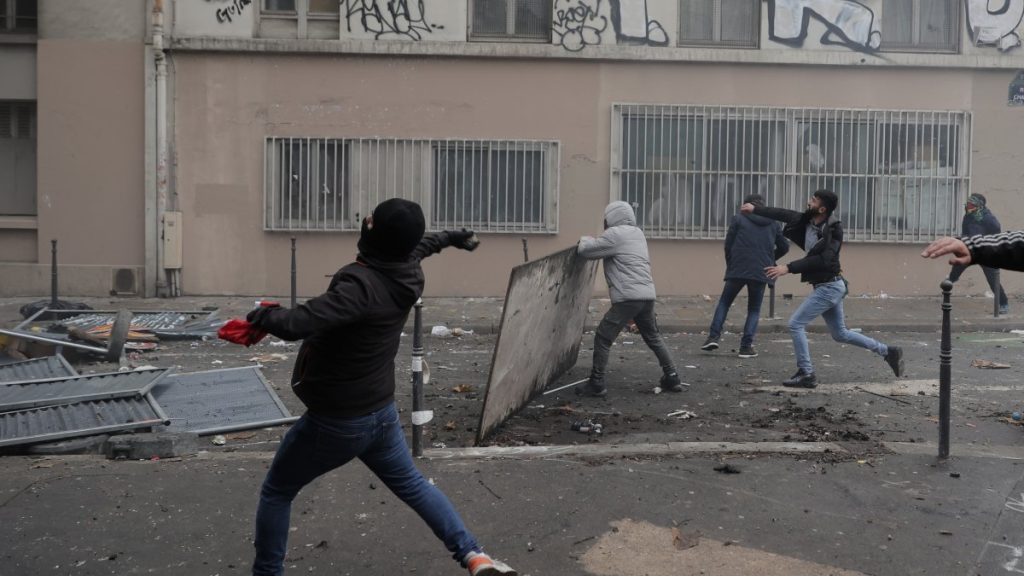A report by the EU’s law enforcement agency Europol exposes how the PKK terrorist group profits from drug trafficking and human smuggling in Europe.
Europol’s 2024 EU Terrorism Situation and Trends Report released on Thursday highlighted that ethno-nationalist and separatist terrorist groups, including the PKK, remain active in the European Union. The report mentioned that PKK members and cells in EU countries continue their fundraising, recruitment, training and propaganda activities throughout the year.
“Most of the funds raised for the PKK are believed to originate from apparently legitimate activities (donations, events, membership fees, sales of goods and media products etc.), as well as from criminal activities such as extortion, fraud, racketeering, money laundering or drug trafficking,” the report stated.
The report noted that the terrorist group collects millions of euros annually under the guise of “campaigns” across Europe, with the funds being used for propaganda and recruiting terrorists. The report also highlighted how the PKK’s propaganda, particularly targeting Kurdish youth, spreads through activists, journalists, websites, TV, social media and print media.
“Some of the media outlets used by the PKK to disseminate its propaganda are based in the EU,” it said. It was also mentioned that there is evidence the PKK is abducting individuals to send them to conflict zones or to use them in terrorist cells in the EU. According to the report, in 2023, the EU law enforcement forces carried out 25 arrests related to separatist terrorism, nine of which were targeted at PKK members.
The PKK has been on the EU’s terror groups list since 2002, and has been classified as an “ethno-nationalist” and “separatist” terrorist organization by Europol.
In its 40-year terror campaign against Türkiye, the PKK – listed as a terrorist organization by Türkiye, the United States and the European Union – has been responsible for the deaths of over 40,000 people, including women, children, infants and the elderly. The YPG is PKK’s Syrian offshoot.
The PKK’s exploitation of legal gaps and vague policies in Europe has enabled it to recruit militants and finance its activities. European countries have faced criticism for their perceived tolerance of PKK activities, including propaganda and recruitment efforts in France, Austria, Switzerland and the Netherlands.
Turkish officials often complain that European and U.S. officials – including its partners in NATO – have done too little to crack down on activities within their borders of the violent terrorist organization, including drug trafficking, money laundering and extortion.


